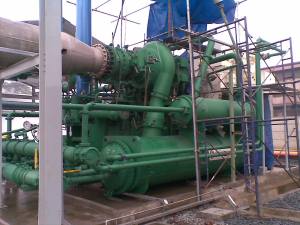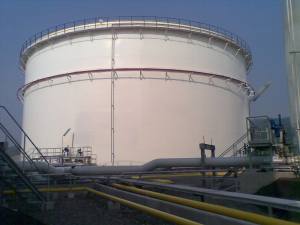There are five major reasons to apply chemical cleaning to plant equipment. These reasons are :
- To prevent early shutdown and possible mal operation of new equipment.
- To prevent unscheduled downtime of operating equipment.
- To ensure the production of on-spec product.
- To improve process efficiency.
- To increase throughput.
Heat transfer equipment requires the most frequent cleaning. Fouling in steam generators and furnaces causes fuel inefficiency as well as the potential for tube failure and unexpected downtime. Heat exchangers and condensers are cleaned to increase fuel efficiency and to maintain process conditions for on-spec product. Process vessels and piping are cleaned before commissioning to protect sensitive interconnecting equipment and to expedite turnaround maintenance. The determination that equipment need cleaning reflects experience and judgment of past operations, as well as knowledge of current operating conditions.



